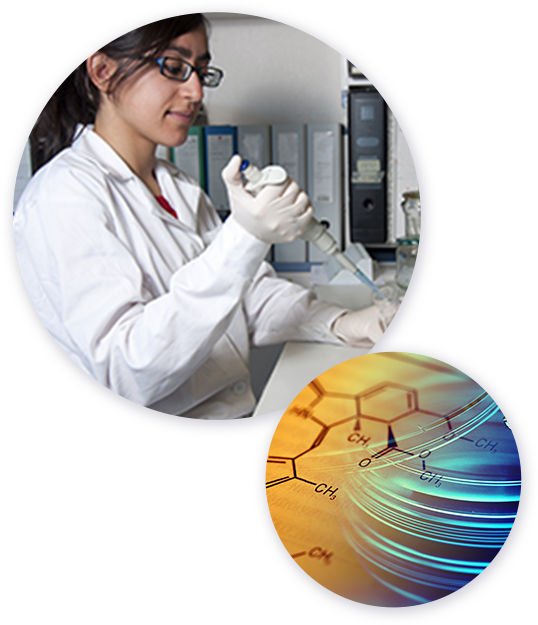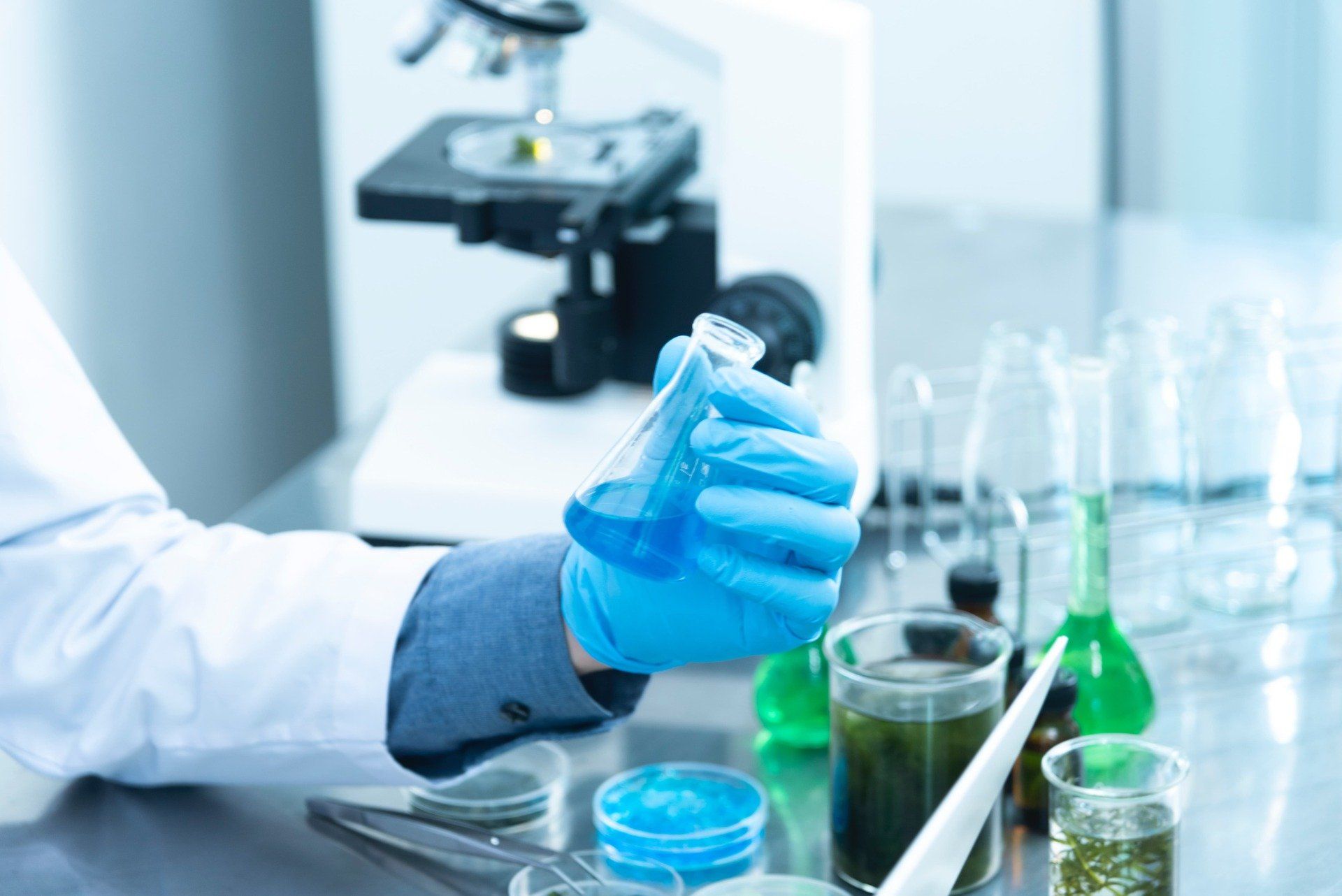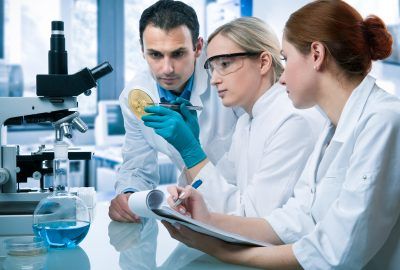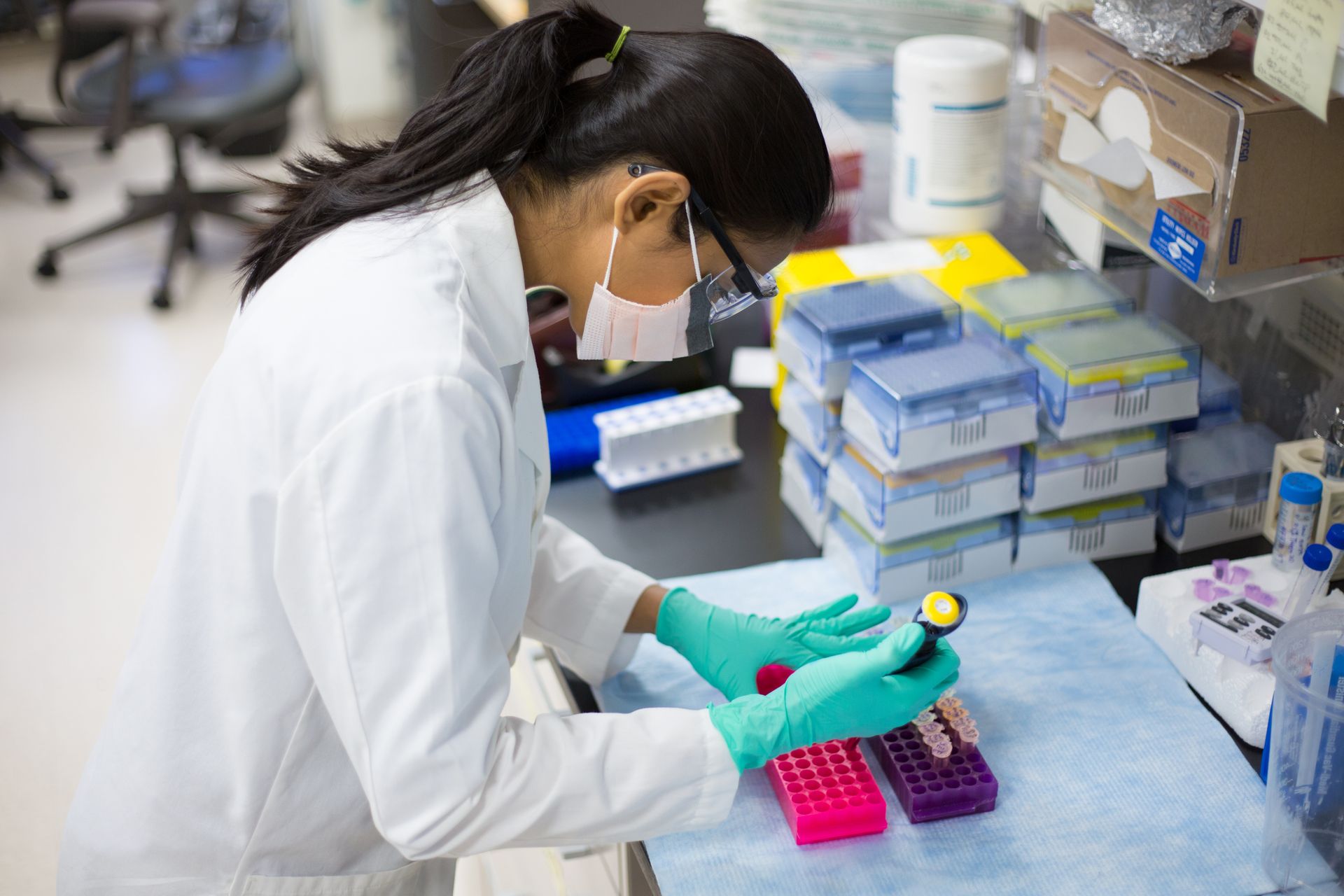From Molecules to Medicine: The Role of Chemists in Pharmaceuticals
From Molecules to Medicine: The Role of Chemists in Pharmaceuticals
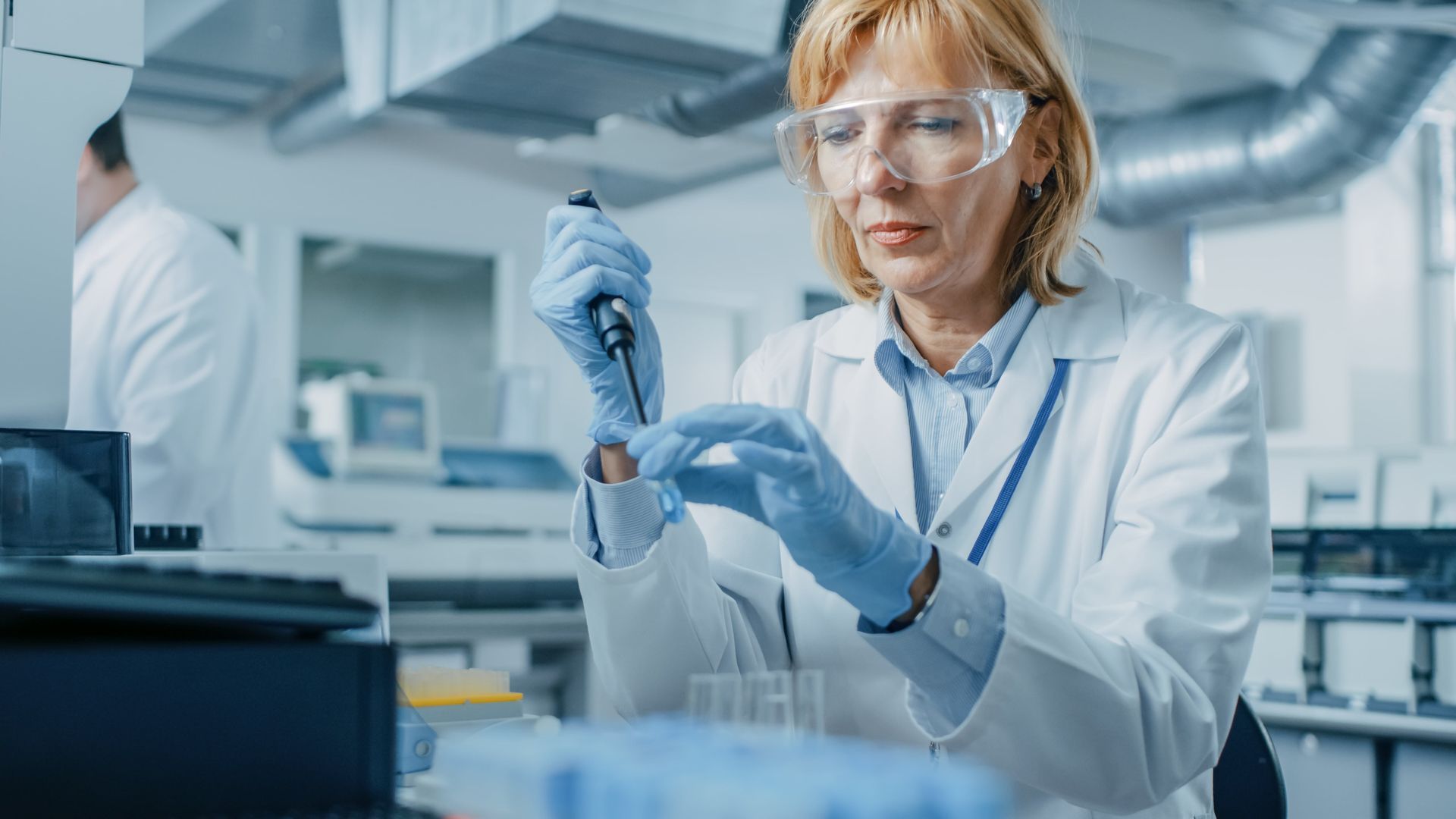
Chemistry plays a crucial role in the development of life-saving medicines that improve the quality of our lives. Behind every breakthrough drug lies a team of dedicated chemists who work tirelessly to unravel the mysteries of disease and create innovative solutions. In this blog, we will delve into the integral role of chemists in the pharmaceutical industry, exploring how they contribute from the initial stages of drug discovery to the final formulation of medicines. Join us on this journey from molecules to medicine!
Understanding Disease at a Molecular Level
To develop effective therapies, it is essential to understand the intricate mechanisms underlying diseases. This is where chemists come into play. They are skilled in deciphering the complex language of molecules and can identify the specific targets contributing to disease progression. By investigating the chemical interactions between molecules, chemists can identify potential drug targets that could halt or reverse disease processes.
The process of drug discovery often starts with a target protein or enzyme implicated in a particular disease. Chemists utilize a range of computational tools and laboratory techniques to understand the structure and function of these molecules. Through a deep understanding of chemistry, they can design small molecules that can interact with the target to prevent or enhance its activity. This initial step is crucial because developing effective drugs would be challenging without an appropriate target.
Designing and Synthesizing Novel Drugs
Once chemists have identified a potential drug target, their next task is to design and synthesize small molecules that can interact with and modulate that target. This process involves a delicate balance of creativity and technical expertise.
Chemists use knowledge of chemical structures and properties to design compounds that have the desired effects on the target. They evaluate the structures of existing molecules, analyze their binding affinities, and modify them to optimize therapeutic activity and minimize any potential side effects. This process, known as medicinal chemistry, often involves synthesizing multiple versions of the compound and testing their efficacy in cellular and animal models.
The synthesis of new drug candidates is a complex task. Chemists must deeply understand organic chemistry, using their knowledge to string together different atoms and functional groups to build the desired structure. This process requires precision and attention to detail, as the slightest error can lead to an ineffective molecule or one with undesirable side effects.
Collaboration in Drug Development
Chemists are not lone warriors in the world of drug development. Collaboration and teamwork are essential for success. They work hand-in-hand with biologists, pharmacologists, and clinicians to ensure that the drug candidate aligns with the desired therapeutic goals.
Chemists collaborate with biologists to assess the activity of their molecules and understand their effects on cellular processes. They utilize their understanding of chemistry to optimize the compound's potency, selectivity, and pharmacokinetic properties.
Pharmacologists play a vital role in drug development by evaluating how the molecules interact with the body and investigating their absorption, distribution, metabolism, and excretion. Chemists work closely with pharmacologists to fine-tune drug properties, ensuring they have the right balance of potency and safety.
Clinical trials are the ultimate test for any potential drug candidate. Chemists work closely with clinicians to design trials that can evaluate the safety and efficacy of the molecule in humans. Collaboration between chemists, clinicians, and other specialists ensures that the molecule reaches its full therapeutic potential and benefits patients in need.
Formulation and Drug Delivery
Chemistry is not limited to the discovery and design of drugs. It also plays a significant role in formulating medicines and their effective delivery to the target site. Chemists contribute to the development of various dosage forms, such as tablets, capsules, oral liquids, and injections, ensuring that the drugs are stable, easily administered, and readily absorbed by the body.
Drug delivery systems are designed to optimize the therapeutic effects of drugs and reduce potential side effects. Chemists develop innovative approaches to efficiently deliver drugs to specific tissues or organs. For example, they design nanoparticles that can carry drugs to tumors or develop prodrugs that are inactive until they reach their target site.
Additionally, chemists contribute to the development of controlled-release formulations, allowing for sustained drug release over an extended period. This technology minimizes the need for frequent dosing, improves patient compliance, and ensures a consistent therapeutic effect.
Fladger Associates Leading the Way
If you are in the pharmaceutical industry or seeking chemistry services, look no further than Fladger Associates. Our dedication to excellence and our deep understanding of chemistry make us a reliable partner in your journey to transform molecules into effective medicines. browse our website to learn more about how we can help you achieve your goals.
Fladger Associates. All Rights Reserved.

